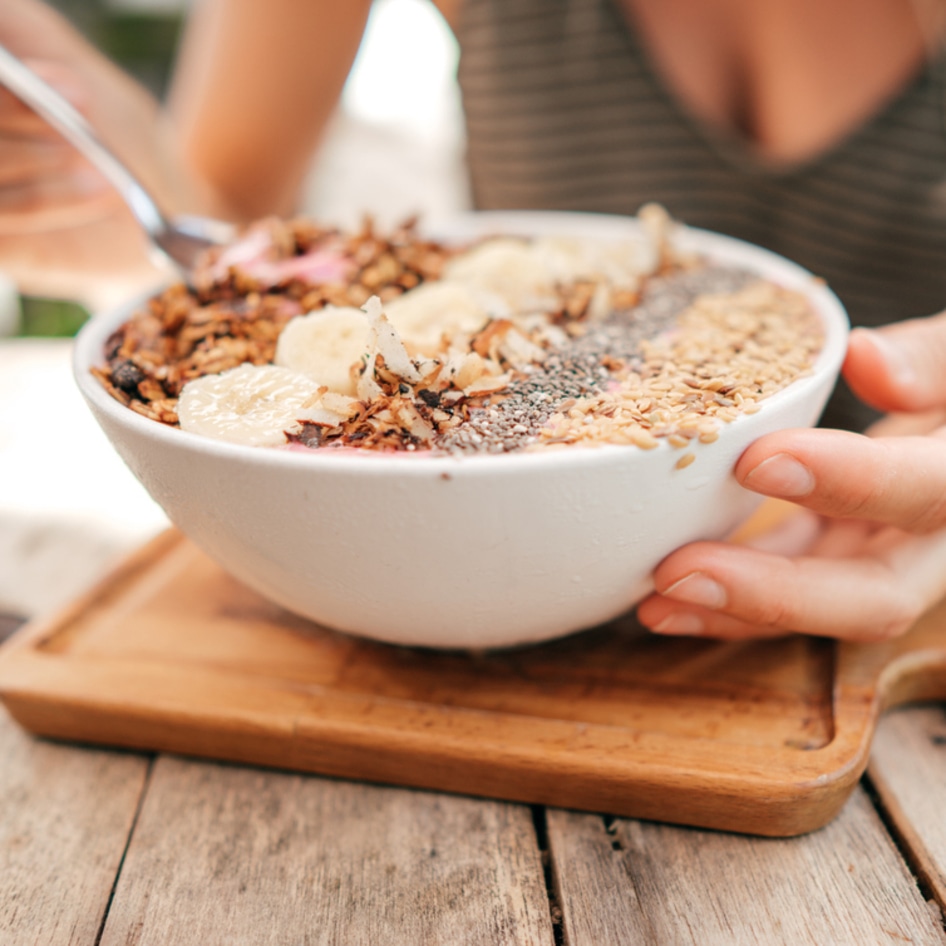Night owls, beware! A recent study conducted by investigators from Brigham and Women’s Hospital in Boston, MA has unveiled a concerning link between late sleep patterns and an elevated risk of diabetes. Published in the journal Annals of Internal Medicine, this study shines a spotlight on the potential health implications of evening “chronotype,” or the tendency to go to bed late and wake up late.
The study suggests that individuals who identify as “night owls” may need to be more attentive to their lifestyle choices because their evening chronotype could increase their risk of developing type 2 diabetes.
 Adobe
Adobe
“Chronotype, or circadian preference, refers to a person’s preferred timing of sleep and waking and is partly genetically determined so it may be difficult to change,” corresponding author Tianyi Huang, MSc, ScD, an associate epidemiologist in Brigham’s Channing Division of Network Medicine, said in a statement.
Previous research from the same team had already identified a connection between irregular sleep schedules and higher risks of diabetes and cardiovascular disease. Additionally, those with evening chronotypes were found to have more irregular sleep patterns. This new study aimed to delve deeper into the relationship between chronotype, diabetes risk, and the influence of lifestyle factors.
Sleep patterns linked to diabetes
For the study, researchers analyzed data from 63,676 female nurses participating in the Nurses’ Health Study II, which spanned from 2009 to 2017. The study examined various factors, including self-reported chronotype, diet quality, weight, body mass index (BMI), sleep timing, smoking habits, alcohol consumption, physical activity, and family history of diabetes. Diabetes status was determined through self-reports and medical records.
 Adobe
Adobe
Around 11 percent of participants identified as having a “definite evening” chronotype, while roughly 35 percent considered themselves “definite morning” types. The remaining 50 percent fell into the “intermediate” category, meaning they didn’t lean heavily toward morning or evening preferences.
The research revealed that an evening chronotype was associated with a staggering 72 percent increased risk of diabetes, prior to adjusting for lifestyle factors. Even after accounting for these lifestyle factors, the risk remained significantly elevated, with a 19 percent increase in diabetes risk for individuals with an evening chronotype.
 Roman Odintsov/Pexels
Roman Odintsov/Pexels
Notably, among participants with the healthiest lifestyles, only 6 percent were evening chronotypes, while among those with the least healthy lifestyles, a concerning 25 percent were evening chronotypes.
Individuals with evening chronotypes were found to be more likely to engage in unhealthy behaviors, such as higher alcohol consumption, poor diet quality, inadequate sleep duration, current smoking, and unhealthy weight, BMI, and physical activity levels.
Diabetes and diet quality
Importantly, the study points out that, in addition to having irregular sleep patterns, night owls tend to be unhealthy in other ways, including diet.
“This study does not surprise me; those who stay up late or work odd hours tend to have worse diets,” Stephanie McBurnett, RDN, Nutrition Educator for the Physicians Committee for Responsible Medicine, tells VegNews. “Not only are they disrupting their circadian rhythm, which can affect blood sugar control and insulin spikes, but also, people who stay up late tend to eat extra calories to compensate for lack of sleep, leading to weight gain and diabetes risk.”
McBurnett says lifestyle factors are highly related with type 2 diabetes because of the very nature of the disease.
“Quality sleep, exercise, stress, extra weight, high blood pressure, smoking, and diet all play a role in how well your body processes carbohydrates and responds to insulin and blood sugar,” McBurnett says.
People who stay up late or do not get enough sleep tend to be tired during the day, which results in skipping regular exercise, consuming more unhealthy foods, and consequently gaining weight. “All these factors increase your risk of type 2 diabetes,” McBurnett says.
Studies show that overconsuming a diet of highly fatty processed foods with fewer whole foods such as beans, vegetables, whole grains, and fruits can lead to not just weight gain but also insulin resistance.
A study published earlier this year in the journal Scientific Reports found that replacing processed and red meat with plant-based foods such as fruits, vegetables, cereals, and legumes can reduce the risk of type 2 diabetes.
 Adobe
Adobe
Another study published in the medical journal Diabetes Care shows that while potatoes are often on the list of foods to avoid, the health issues associated with them may actually be due to how people are preparing them and what they’re eating them with, such as adding butter and eating them alongside meat.
“But this is good news: if you are a shift worker who is up late or has a stressful job, having a good diet can help negate some of the adverse effects on the body,” McBurnett says.
So how can diet help? “By consuming a plant-based diet, your body will be thanking you two-fold,” McBurnett says. “By avoiding animal products, you will naturally eat a diet low in saturated fat, which is linked to weight gain and insulin resistance. But you will also be eating high-fiber plant foods, which not only help with weight loss but also have phytonutrients and antioxidants to combat other stressors on the body, such as lack of sleep or work anxiety.”
For the latest vegan news, read:
JUMP TO ... Latest News | Recipes | Guides | Health | Shop









